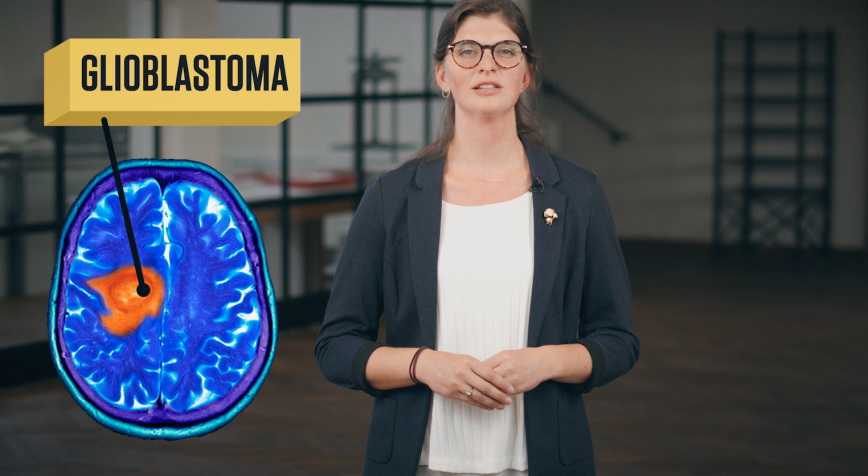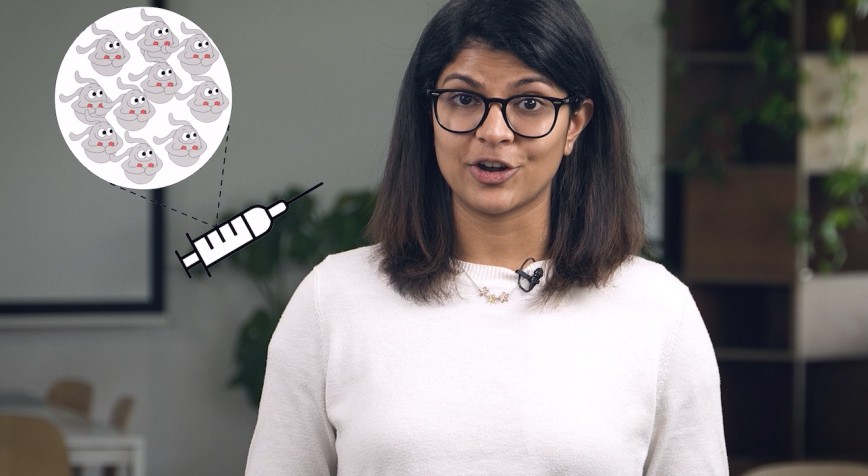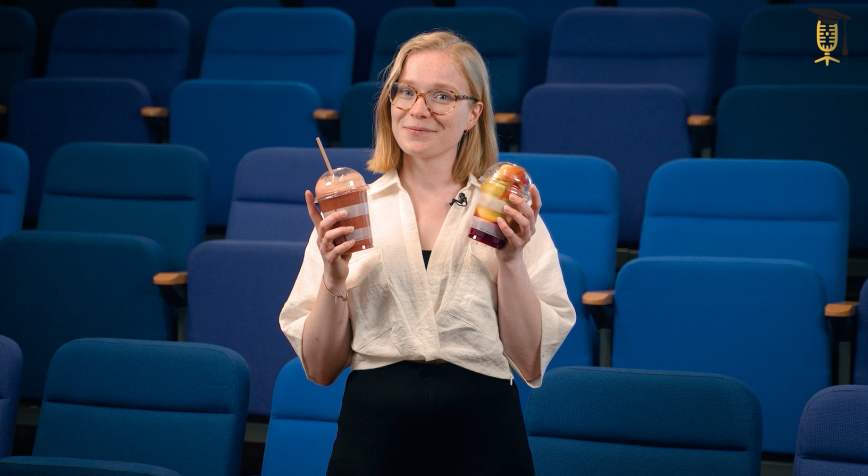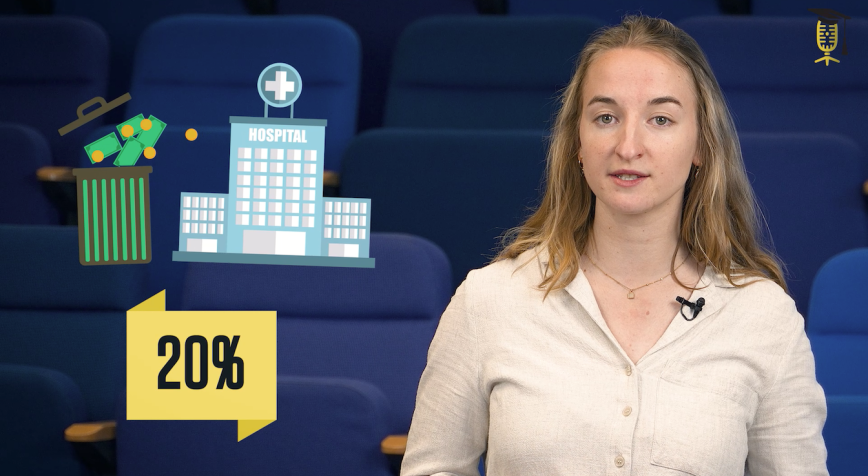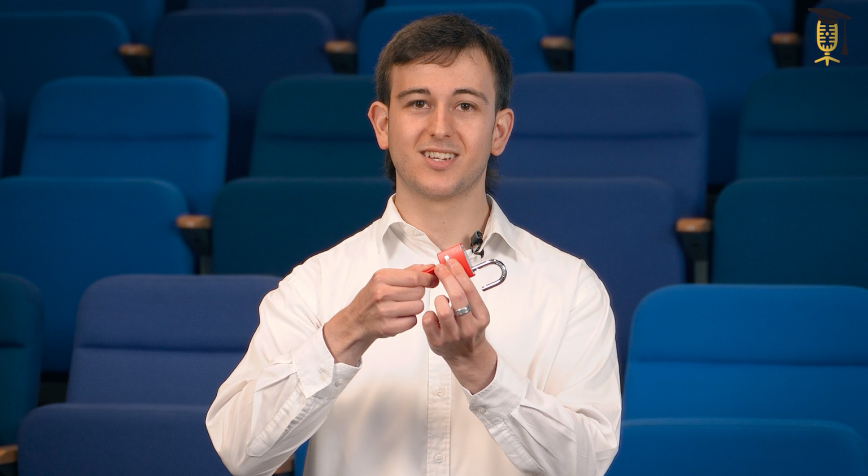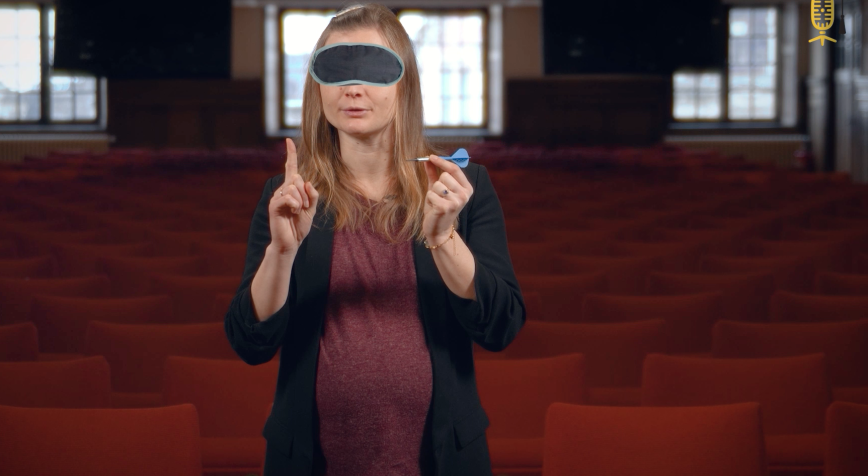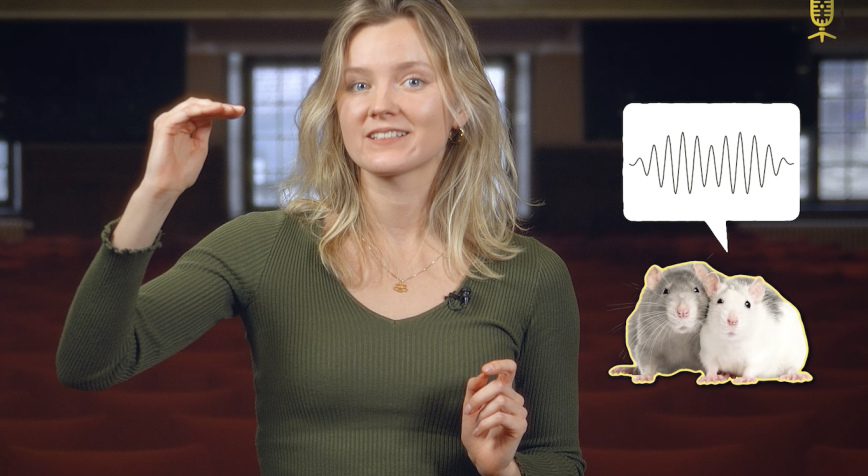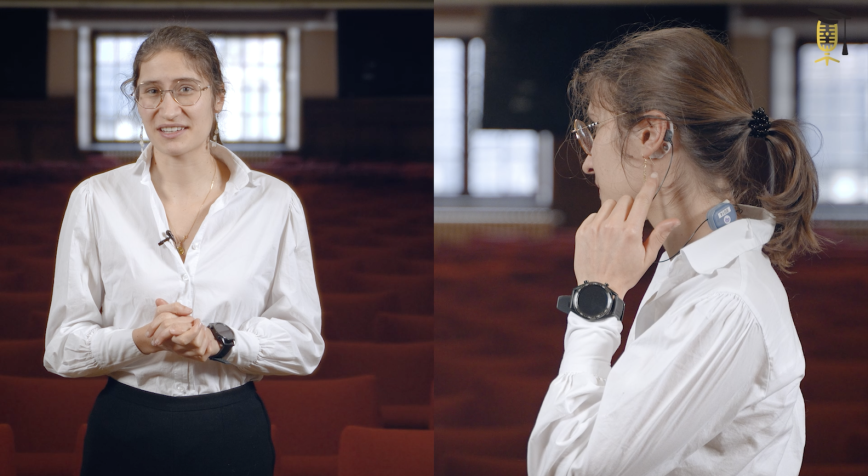
FWO
KU Leuven
What if teeth could heal themselves?
Did you know that growing up, one in four children worldwide experience a traumatic dental injury? Current treatments for these injuries aren't optimal, nor long-lasting, and render the tooth brittle, leading to possible tooth loss. But what if teeth could heal themselves? That's what Una Ivkovic sinks her teeth into: a hydrogel that guides stem cells to the injury to generate new dental tissue and restore the damaged tooth 🦷


